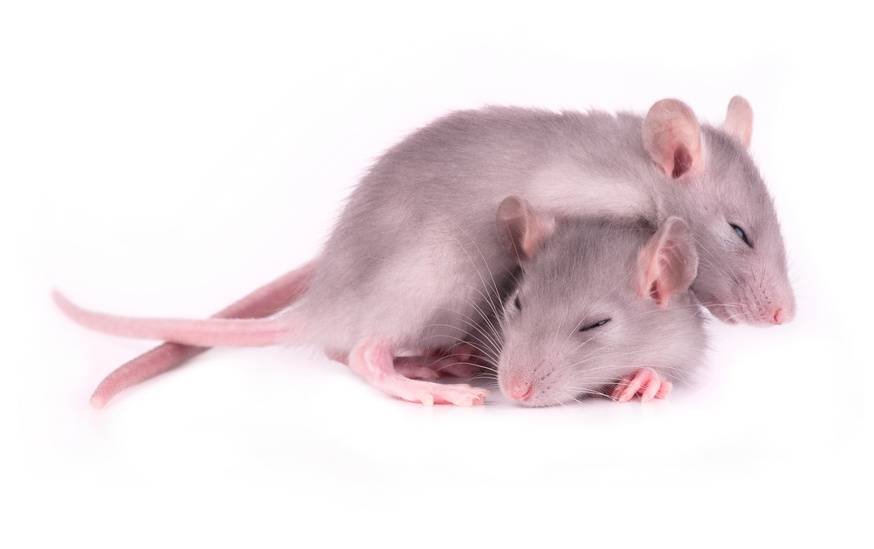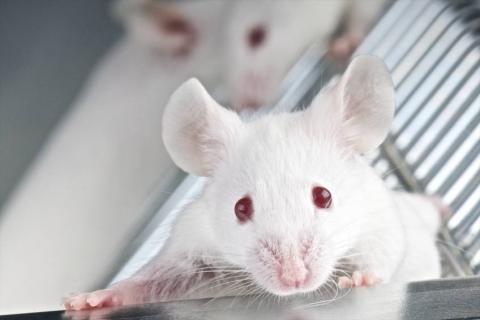Reaction: they manage to 'rejuvenate' the immune system of elderly mice
An antibody therapy is able to restore the immune system of elderly mice to a more youthful state. The method, published in the journal Nature, rebalances blood cell production and reduces age-related immune decline. Preclinical and clinical studies are needed to determine whether this approach could be feasible in humans.

Óscar de la Calle - ratones jóvenes EN
Óscar de la Calle-Martín
Specialist in Immunology at the Hospital de Sant Pau in Barcelona and secretary of the Spanish Society of Immunology
Our immune system is made up of various cell types that circulate in the blood and protect us from external threats, such as bacterial and viral infections, or internal threats, such as tumours. The cells that make up the immune system, myeloid cells and lymphoid cells, originate mainly in the bone marrow in a process called haematopoiesis. Unfortunately, during ageing, haematopoiesis is impaired, so that haematopoietic stem cells preferentially generate myeloid cells rather than lymphoid cells.
It was previously known that an increased number of myeloid cells in elderly patients reduces survival in a large number of age-related diseases. However, despite the known predilection of haematopoietic stem cells to generate myeloid cells with age, this process had not been interfered with until now. With this in mind, Professor Irving L. Weissman's team at Stanford University (USA) focused on the haematopoietic stem cells responsible for this bias in haematopoiesis in mice. His findings are published today in the prestigious scientific journal Nature and represent a first step towards the development of therapies that can alleviate the growing increase in age-related diseases resulting from the increase in life expectancy that has occurred in recent decades.
In this work, using various molecular biology techniques, the researchers identified three proteins (CD150, CD62p and NEO1) located on the surface of the haematopoietic stem cell subtype that unequivocally identified them as responsible for the development of these alterations in haematopoiesis. Once these cells were identified, they generated specific antibodies that would allow them to selectively eliminate these cells. Guided by the development of this tool, the researchers tested the effect of administering a single dose of these antibodies in geriatric mice, the age of which would be equivalent to about 70 years in a human. Surprisingly, even four months after treatment, the mice had a rejuvenated immune system, developing a better immune response to a virus against which they had previously been vaccinated. While these results need to be validated in humans, the researchers determined that these molecules, identified in cells from old mice, could also be used to identify 'corrupted' haematopoietic stem cells in humans.
Despite the importance of these findings, future research will need to determine whether, in addition to promoting an improved immune response, these findings can also be extended to the treatment of such prevalent diseases as atherosclerosis, neurodegenerative diseases, osteoporosis and cancer.
Ross et al.
- Research article
- Peer reviewed
- Animals


